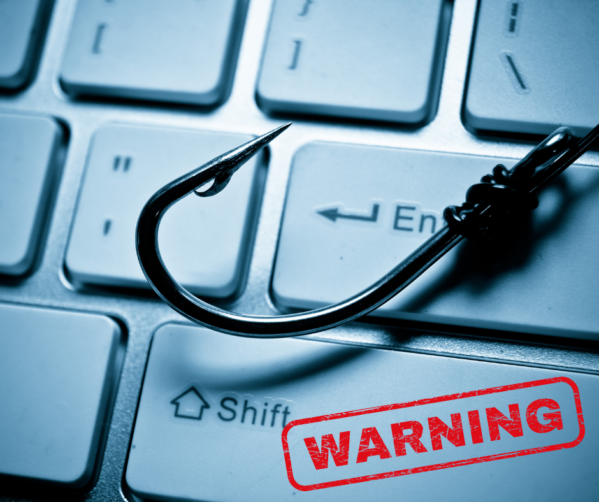Be Prepared for Phishing Attacks
The issue: Phishing attacks are happening with more frequency, requiring anyone with an email to be on the defensive against falling victim to an attack. Phishing attempts involve a cybercriminal sending an email (or text) to attempt to trick the recipient into clicking on a link to launch malware, or attempt to obtain personal information from the unsuspecting
victim.
What you can do:
Be very wary of email or text requests for information, or alerts that your account has been frozen, etc. Checking the sender’s email address is often a great clue that the sender is not who they claim to be.
Be wary of links within an email or text that you are asked to open. Clicking on a malicious link can open your device and network to trouble. If you receive an email link from a known sender that you were not expecting, call them to verify that they sent it.
If you receive an email appearing to be from the IRS containing links to pay past due taxes or requesting W-2 information, report it to the IRS by sending the full email to phishing@irs.gov.
Consider using multi-factor authentication (MFA) for your log-ins to make it more difficult for hackers to take advantage of you if information should be compromised.
Consider using an anti-phishing software to help detect suspicious emails.
Be especially alert at busy times when crooks are counting on you to let you guard down due to increased workloads.
Consider insurance to protect you or your business and to assist in the case of a breech.
Honorine Campisi, CPA



